Two main factors determine the form factor. The first is how the load cell is connected to the structure. Whether the load cell is going to be used for tension, compression, or tension and compression is the second important consideration. Read More…
Our load cells are manufactured with the highest attention to detail at all stages. Whether it is through the design stage, engineering stage, or through hundreds of tests run daily, we ensure that our products outshine all competitor products.

Founded in 1985, Load Cell Central has firmly established its reputation as a leader in load cell manufacturing, custom weighing system integration, and first-class load cell repairs. Load Cell Central offers a wide variety of popular load cell and component configurations for virtually every new or old weighing system, scale or component replacement possibility. Technical and after-sale support, ...

At TyTek Industries we manufacture load cells to suit all capabilities. Our expertise has provided insight and load cell solutions for a range of customers and industries. Our engineering team’s philosophy ensures we do everything humanly and technologically possible to match your requirements with quality, cost and delivery. We’re here to help you carry the load.

At Stellar Technology, we specialize in designing and manufacturing high-performance load cells tailored to meet the diverse needs of industries worldwide. Our team is committed to delivering precision-engineered solutions that address critical applications, from aerospace to medical devices, where reliability and accuracy are paramount.

At AmCells Corporation, we specialize in designing and manufacturing precision load cells that meet the diverse needs of industries worldwide. Our products are crafted to deliver accuracy, reliability, and durability, offering solutions that perform under the most challenging conditions. We are committed to supporting a broad range of applications, including industrial automation, weighing...

At Teledyne Technologies, Inc., we are deeply committed to pioneering high-precision solutions that push the boundaries of technological innovation. Our load cells exemplify our relentless dedication to accuracy, dependability, and sophistication, offering state-of-the-art force measurement solutions that empower various industries to achieve the utmost precision in their operations.

More Miniature Load Cell Manufacturers
Miniature load cells are small units that can fit into tight areas. It is one of many specialized load cells meant for a specific function, including donut load cells, beam load cells, and button load cells.
In particular, the miniature load cell produces around 4mv/v output and is a full bridge strain gauge design. This formation of sensors connected by circuits functions well because it utilizes numerous sensors instead of just one. This enables the load cell to get the most accurate and efficient readings every time.
Sensors within load cells are usually one of two styles; strain gauges, which use a coil, or piezoelectric sensors, which are made up of crystals. Both function through the deformation of their structures when weighing an object, be it compression or tension.
The deformation of their structure is then translated into an electric current that is output in either an analog or digital fashion and then made readable through a computer. Analog outputs have a variety of different styles, including analog frequency, analog voltage, and analog current.
The compression style of measuring involves the negative force, or "push-together" force of an object. Tension, on the other hand, is measuring the positive force, or "pull-apart" force on an object. These two models of measurement are the principal types of miniature load cells.
With threaded studs on one end, compression models can be easily attached. Tension/compression models assist in tension and compression because they use threaded rods on both ends.
Typically, load cells are made in a few set load ratings, such as five hundred or one thousand pounds. Miniature load cells, in contrast, provide maximum voltage output with a small, specific load rating that can be customized instead of having to be purchased from a catalog.
Load cells are offered in various accuracies, which are influenced by the size-to-load capacity and the construction of the load cell. Like other size load cells, miniature load cells are utilized often in the medical, aerospace, automotive, and robotic industries.







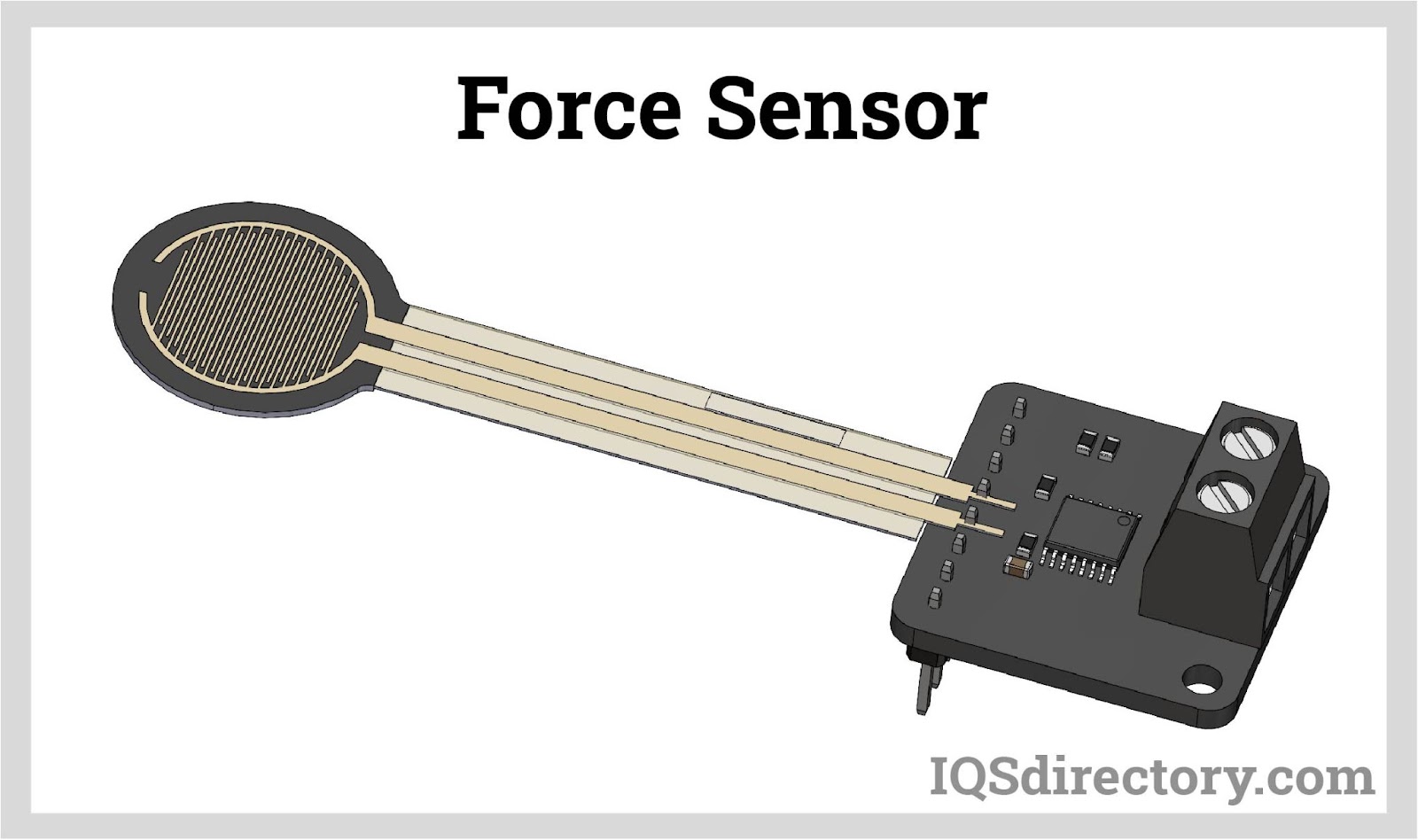
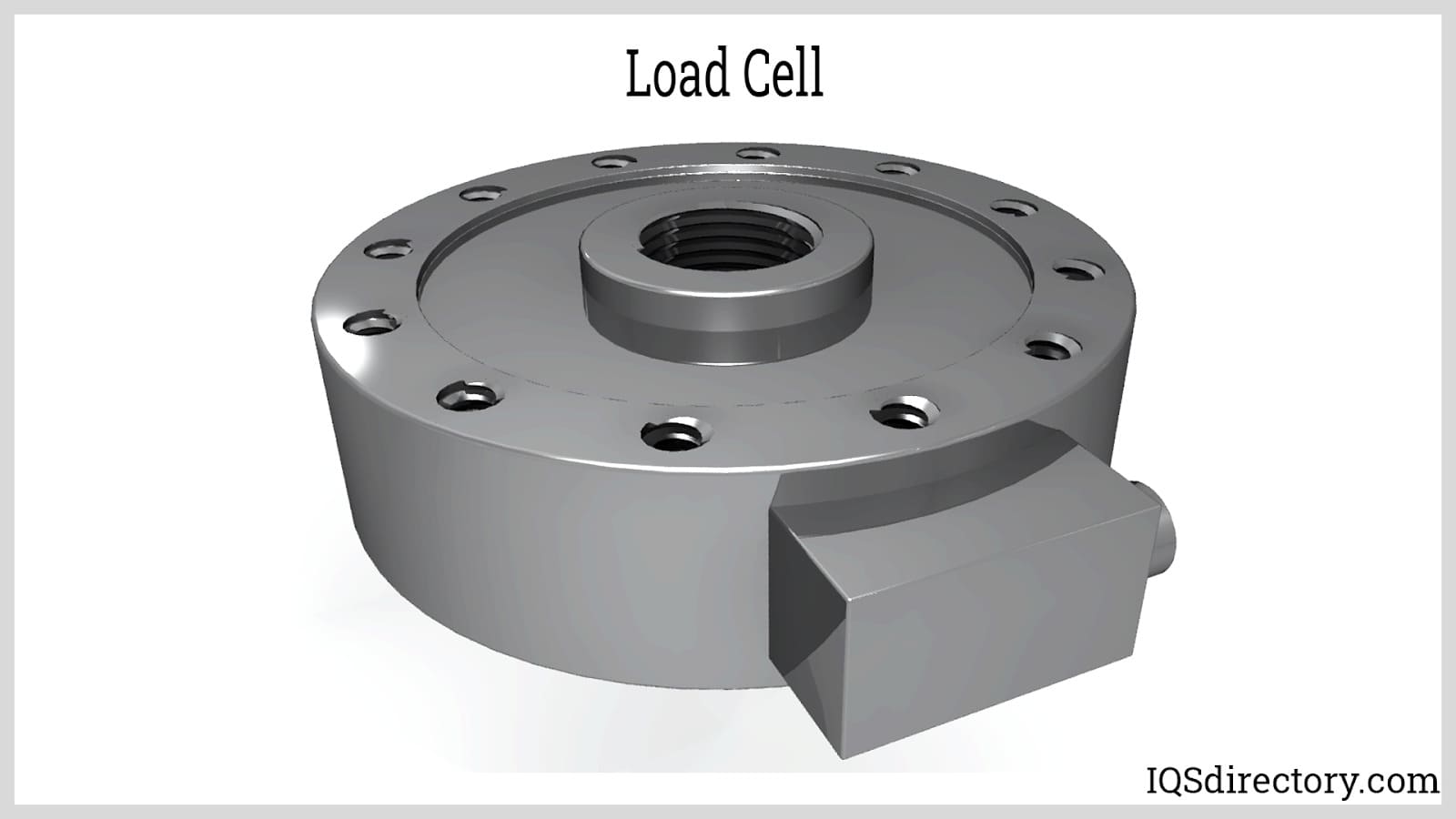
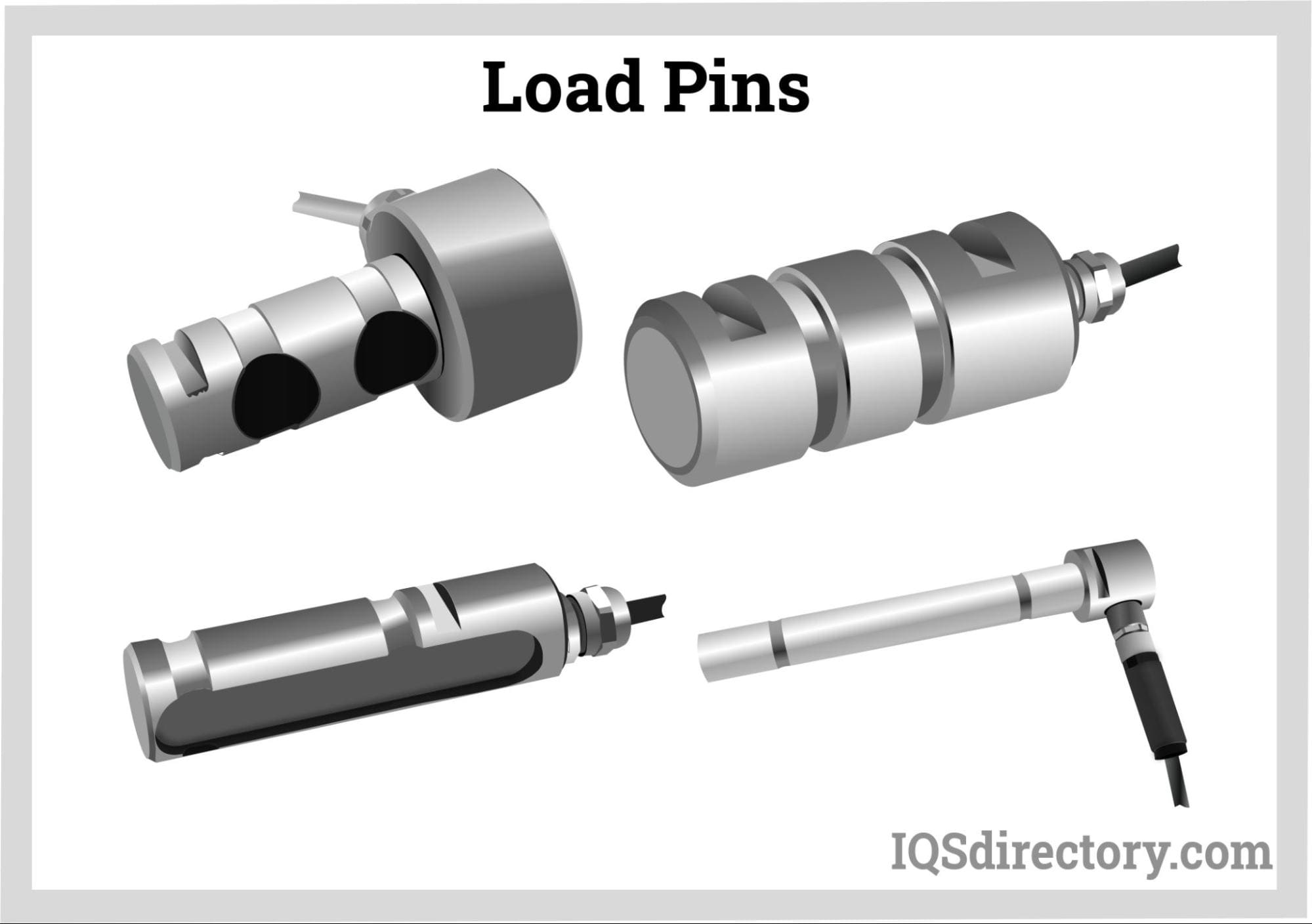
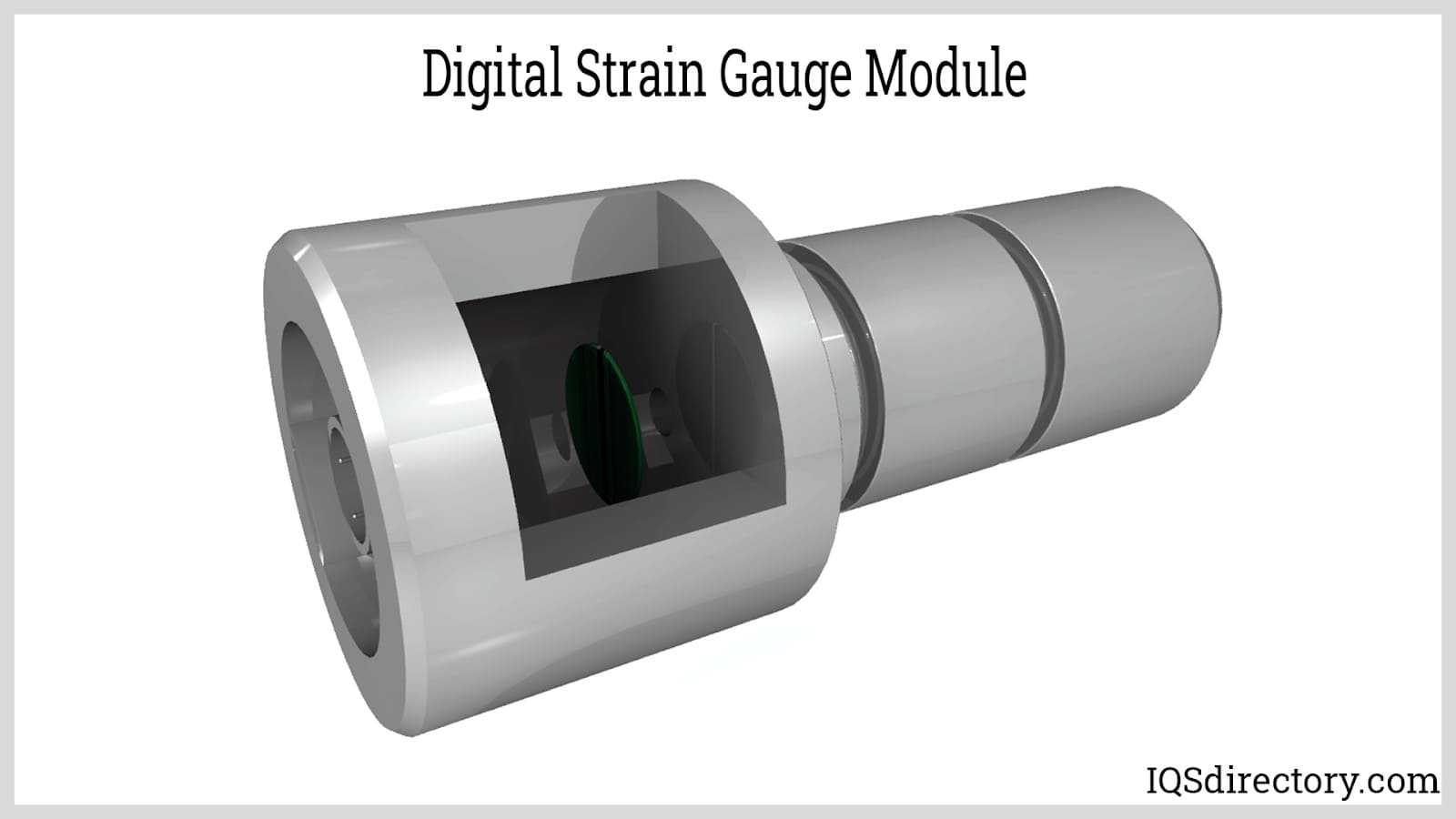
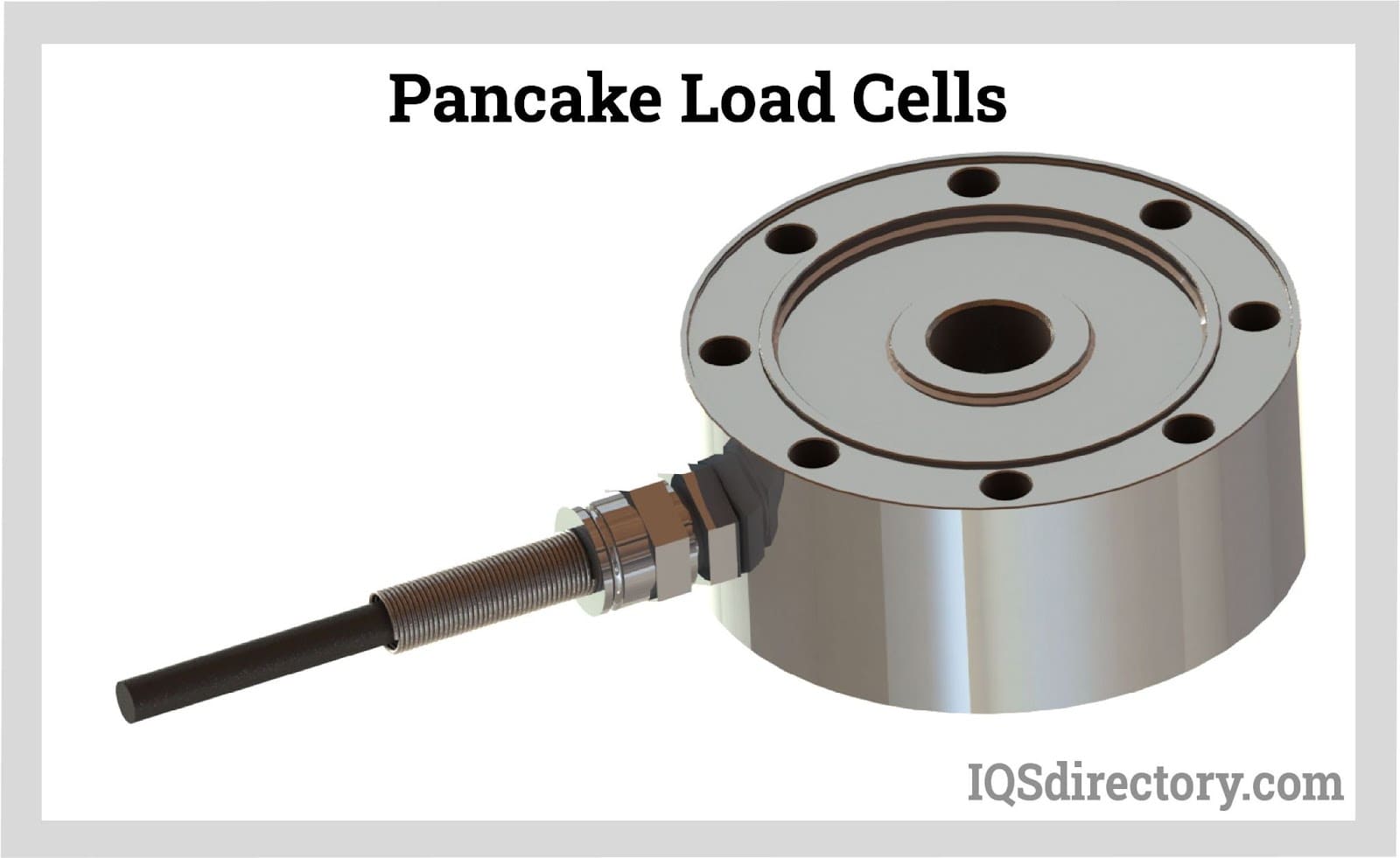
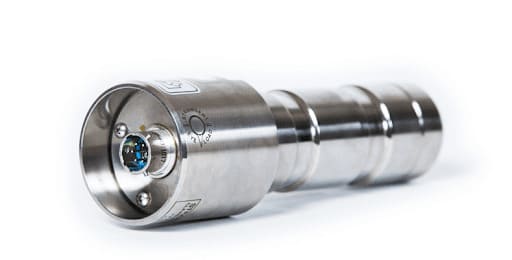
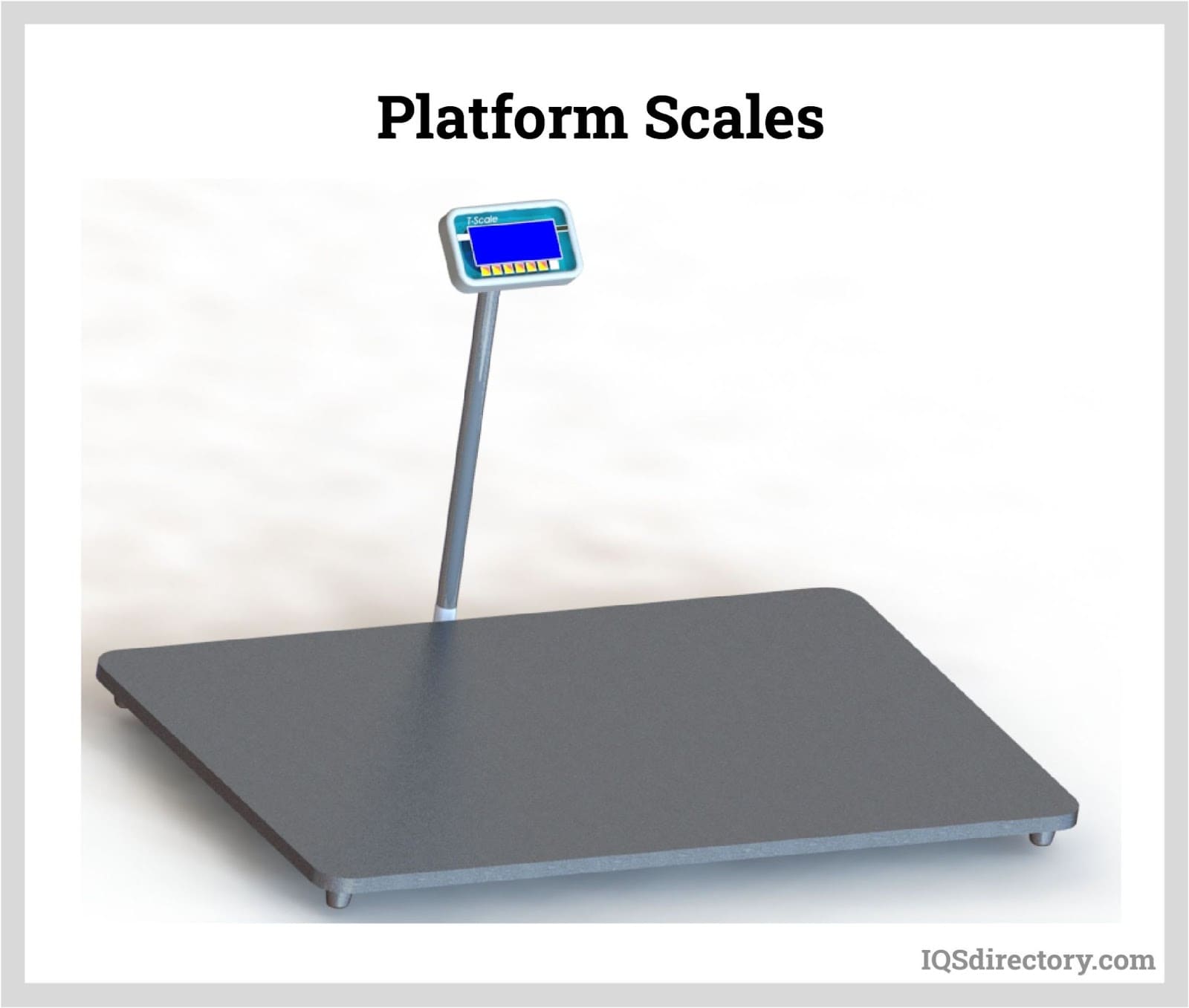
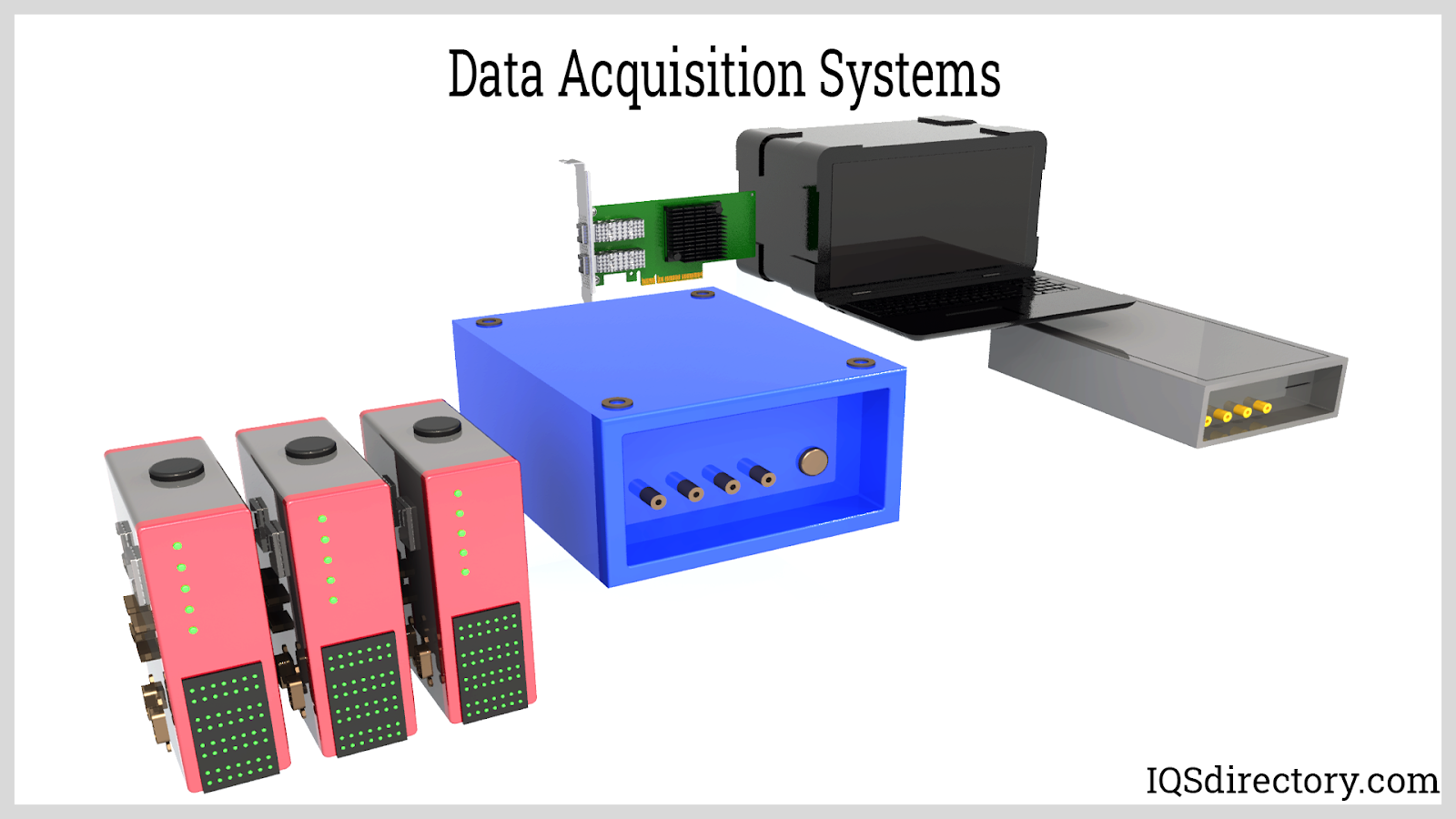
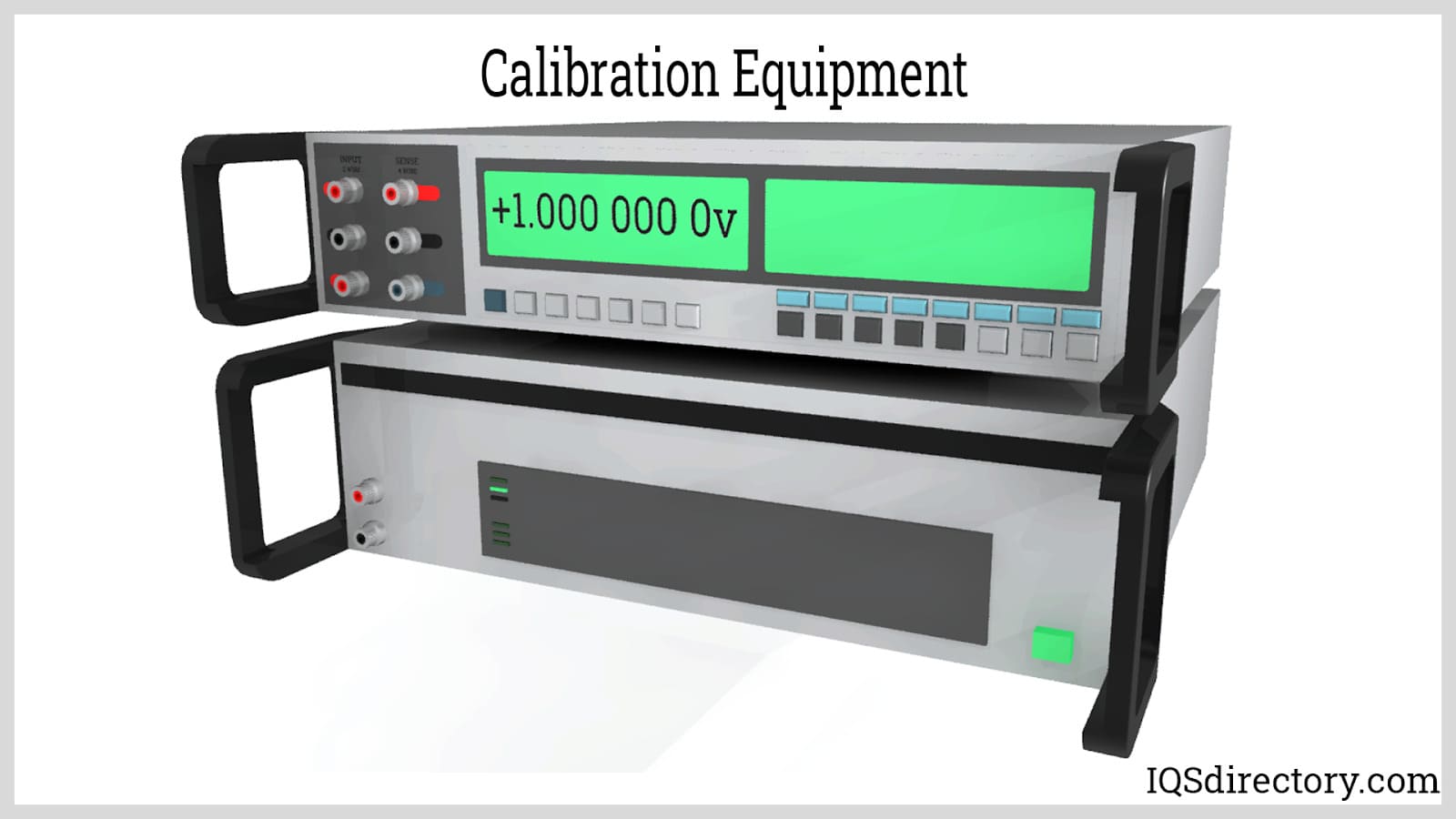
 Calibration Services
Calibration Services Clean Rooms
Clean Rooms Data Acquisition Systems
Data Acquisition Systems Dynamometers
Dynamometers Environmental Test Chamber
Environmental Test Chamber Leak Detectors
Leak Detectors Load Cells
Load Cells Machine Vision Systems
Machine Vision Systems Scales
Scales Thermocouples
Thermocouples Castings & Forgings
Castings & Forgings Bulk Material Handling
Bulk Material Handling Electrical & Electronic Components
Electrical & Electronic Components Flow Instrumentation
Flow Instrumentation Hardware
Hardware Material Handling Equipment
Material Handling Equipment Metal Cutting Services
Metal Cutting Services Metal Forming Services
Metal Forming Services Metal Suppliers
Metal Suppliers Motion Control Products
Motion Control Products Plant & Facility Equipment
Plant & Facility Equipment Plant & Facility Supplies
Plant & Facility Supplies Plastic Molding Processes
Plastic Molding Processes Pumps & Valves
Pumps & Valves Recycling Equipment
Recycling Equipment Rubber Products & Services
Rubber Products & Services